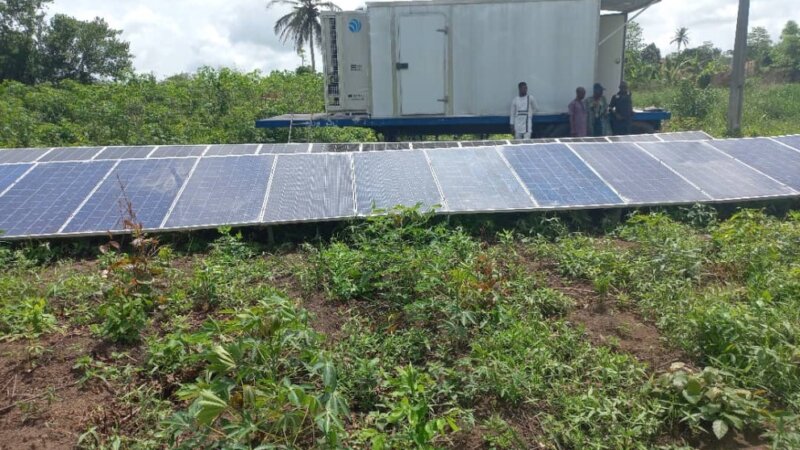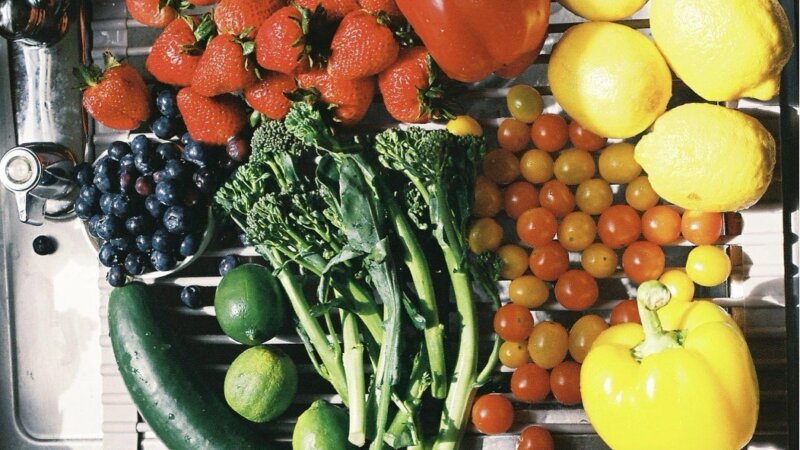Report Roundtable 'Connecting interests - linking local needs with Dutch goals'
On June 23 2025, the Netherlands Food Partnership (NFP), in collaboration with the Dutch Ministry of Foreign Affairs and Ministry of Agriculture, Fisheries, Food Security and Nature, organised an interactive roundtable at the Mauritskazerne in Ede. They brought together over 70 participants from diverse sectors- government, business, civil society, and research - to discuss how Dutch international food security policy can align more effectively with national priorities in eight focus countries. The session was designed to inform the development of the Dutch Multi-Annual Country Strategies (MACS) for 2026–2029.
This photo report presents a snapshot of the outcomes of the main activities of the day. Please download the full report to read all outcomes, including the takeaways from the country tables. Also see the factsheets used at the country tables, with data about national pathways (UN Food Systems Hub) and The Food Systems Countdown Initiative.
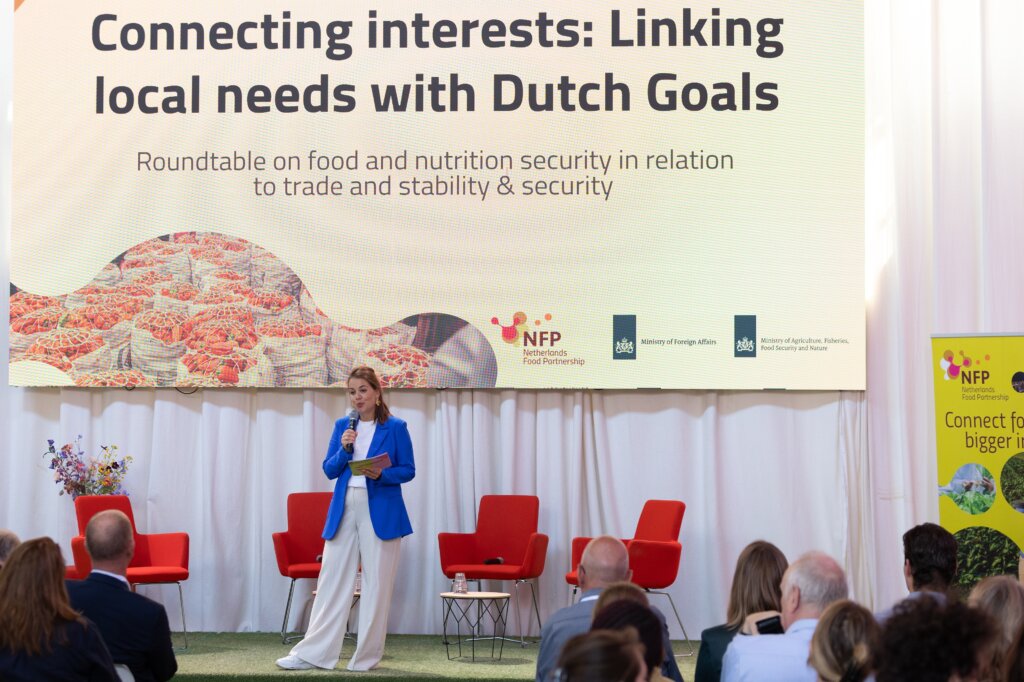
The plenary opening and closing was moderated by Babette Bodlaender.
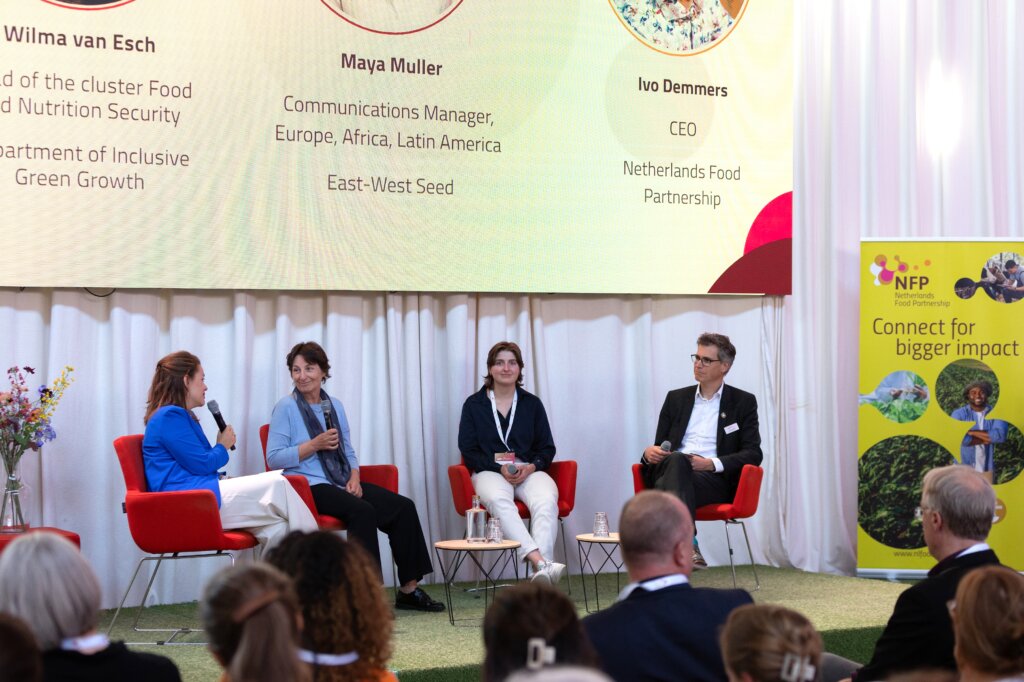
The opening featured voices from policy and practice.
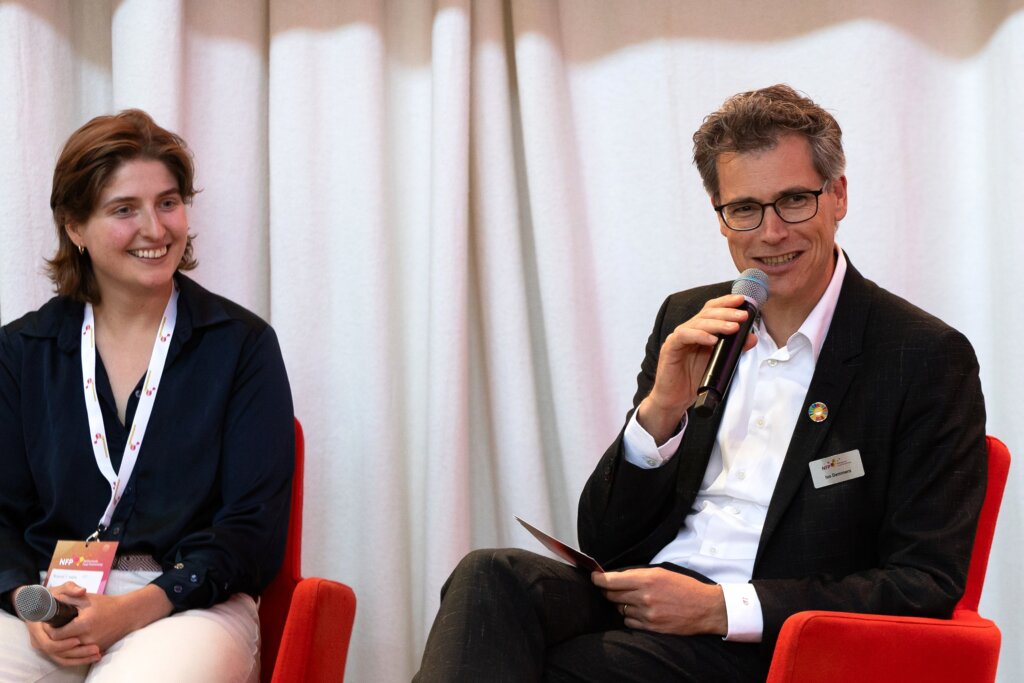
Ivo Demmers (CEO of NFP) reflected on the series of interactions between policymakers and the organisations working on food and nutrition security that this event amounts to. He further presented NFP's current work to support the policy processes on Food and Nutrition Security.
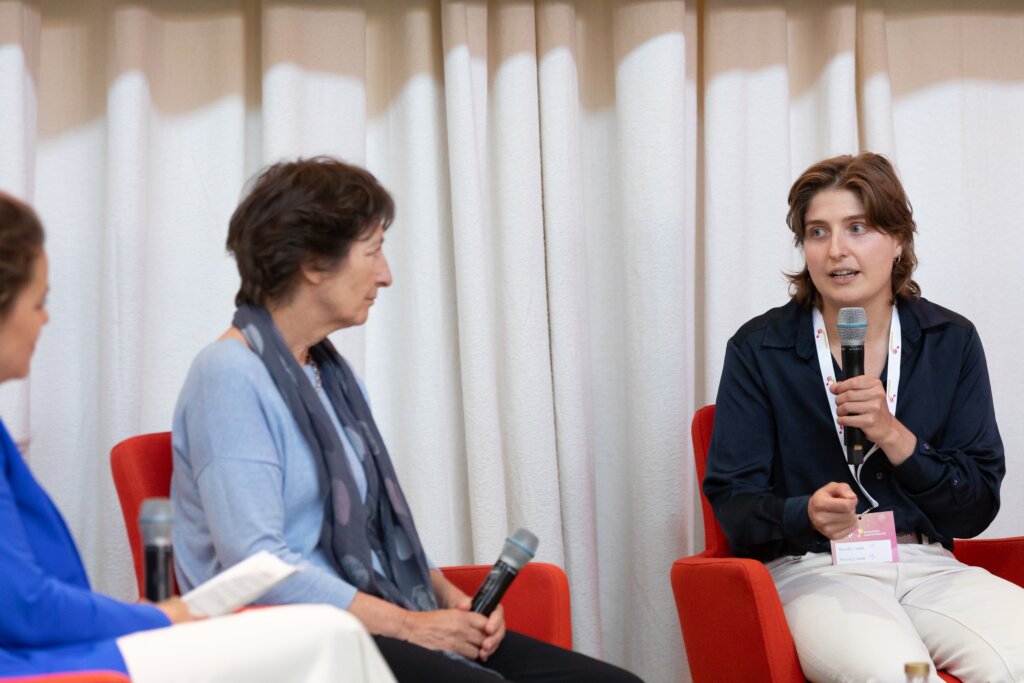
Maya Muller (East-West Seed) shared a practical example of how East-West Seed successfully drives impact through aid and trade. She also presented some of the challenges that East-West Seed faces in their work. The common solution to all challenges, Miss Muller stresses, is the continuity and long-term commitment to market development.
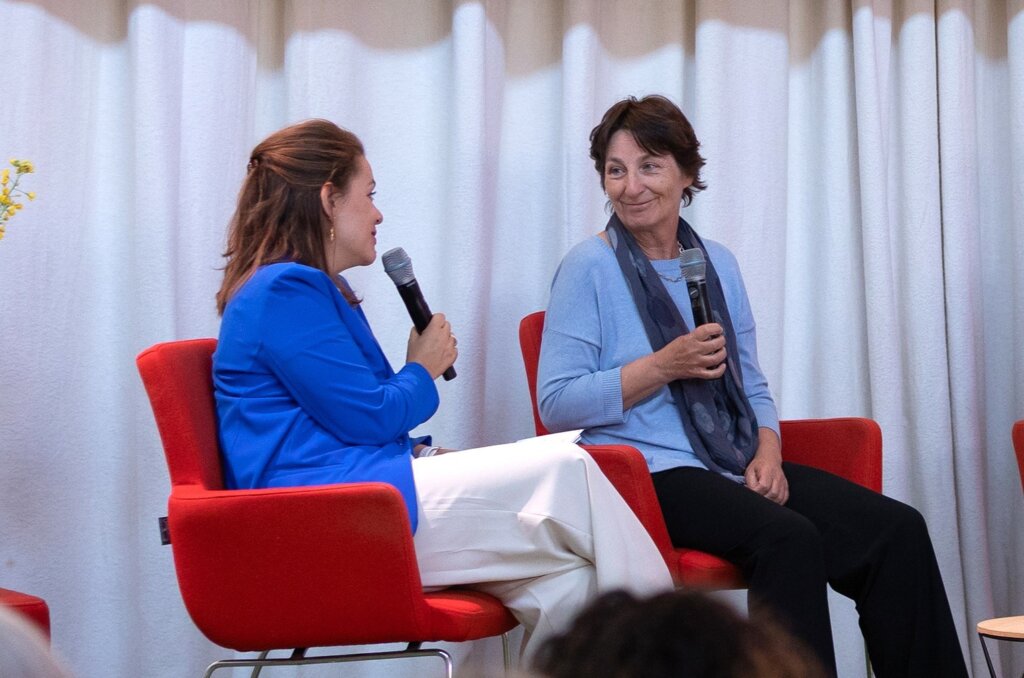
Wilma van Esch (Ministry of Foreign Affairs) underlined the importance of the day’s event in making steps towards execution of the new policy and the development of the Dutch Multi-Annual Country Strategies for 2026–2029.
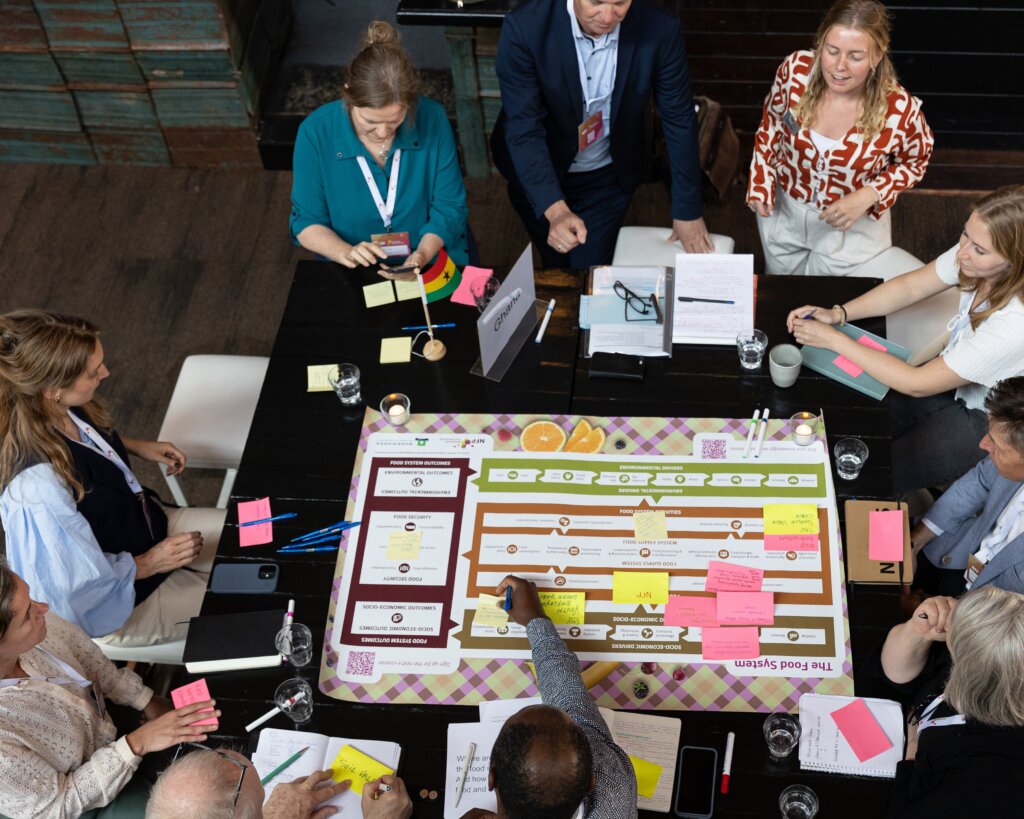
These opening insights set the stage for a rich exchange at the country tables, where participants engaged in two rounds discussing how activities in food and nutrition security link to the Dutch interests in trade and stability in specific contexts.
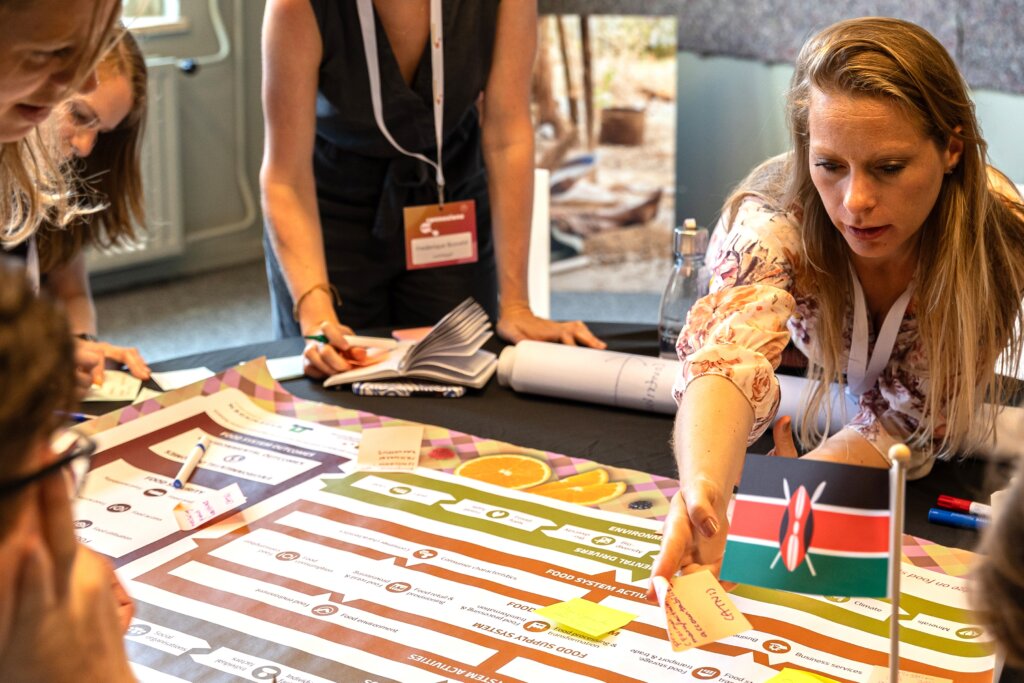
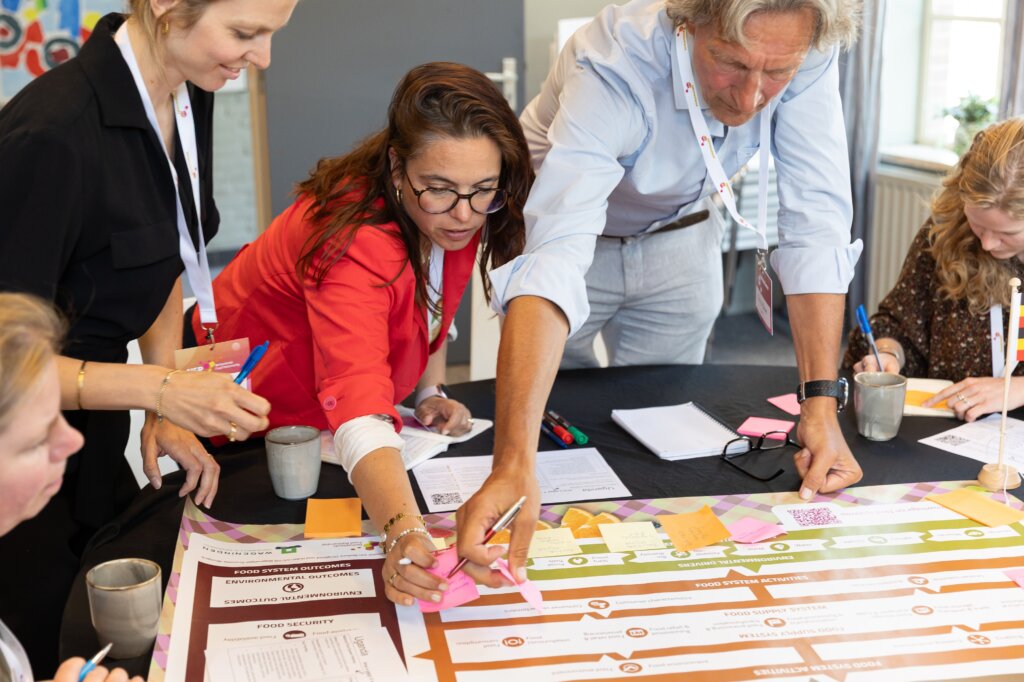
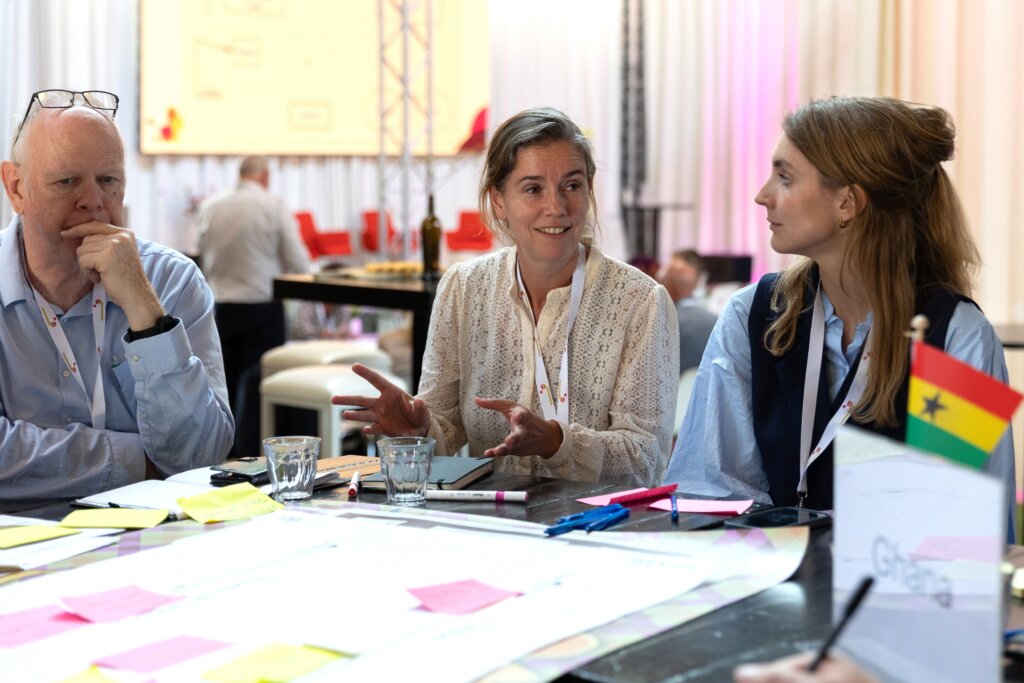

In the plenary closing, participants reflected on the outcomes of the country tables and the day.
General outcomes of the day
- Long-term vision and clarity on Dutch interests: Participants highlighted the importance of working with a long-term perspective, supported by consistent programmes. There was also a shared need for clearer articulation of what exactly constitutes the Dutch interest. Is trade a means to an end or a goal in itself? Participants stressed that it should be the first. Clarifying this would help align expectations and enhance cooperation.
- Approaches must reflect local and regional realities: What works in one part of a country may not be relevant in another. That is even the case within the borders of a single country: they can often face very different challenges and will require tailored responses. Participants stressed that solutions should reflect national, regional, and even sub-regional realities.
- All stakeholders are needed for real impact: Achieving meaningful outcomes requires contributions from government, business, civil society, and research communities. Participants noted that this collaboration is already taking place on the ground and valued the roundtable as a space to better understand how their efforts intersect in practice. Many found the conversations insightful and relevant to their country-specific work.
Follow-up: The Dutch embassies of the 8 countries will be invited for a meeting with the NFP and ministry co-hosts to discuss the outcomes of the round tables.
Author

Floris Wouters
Partnership Builder NFP


